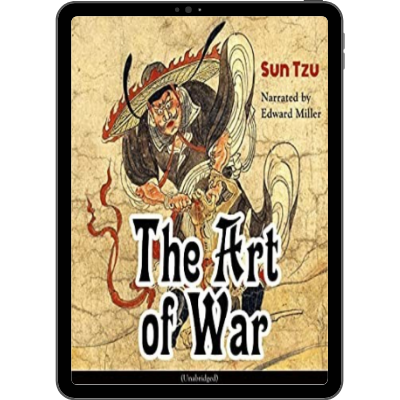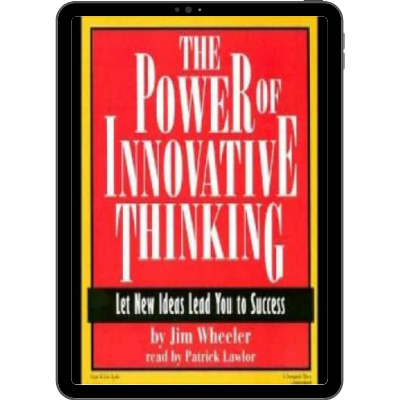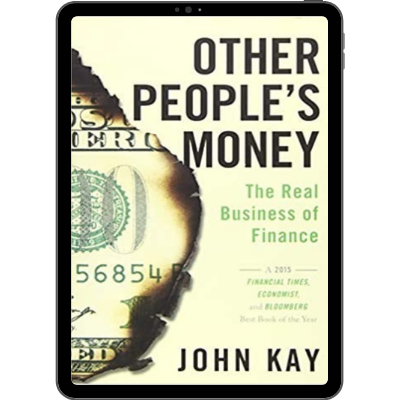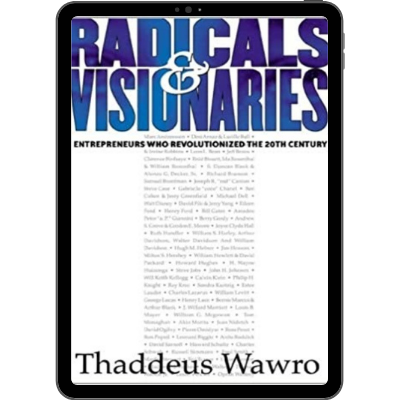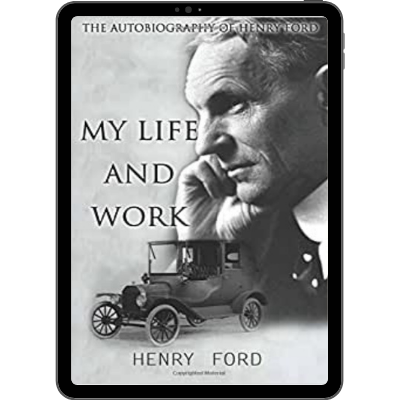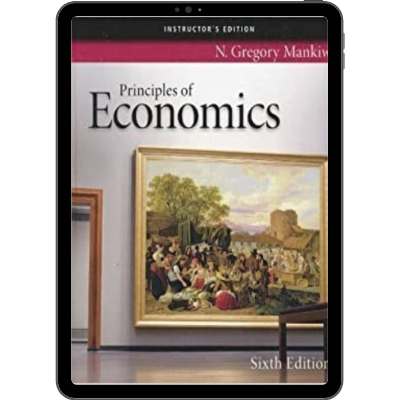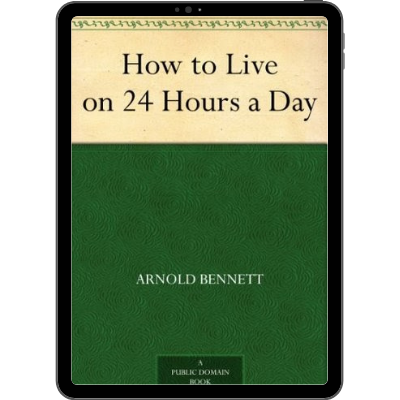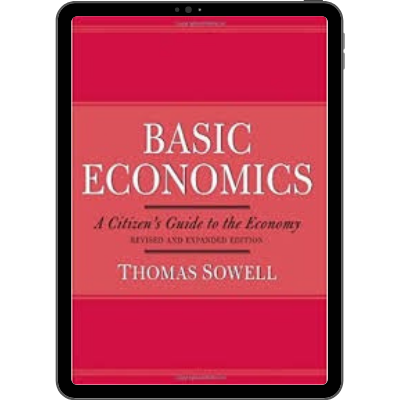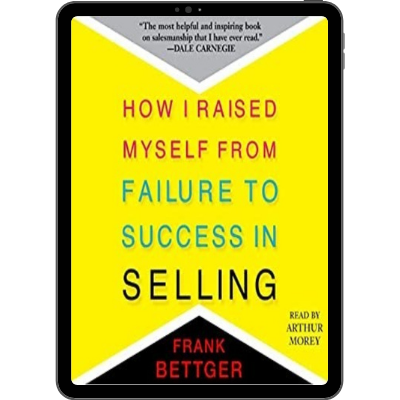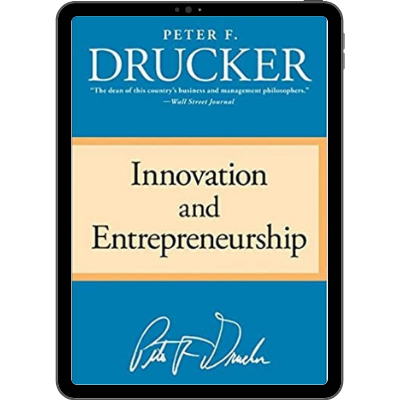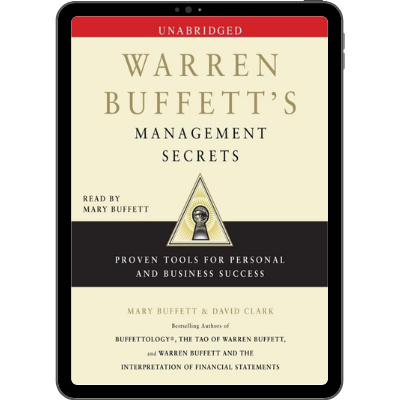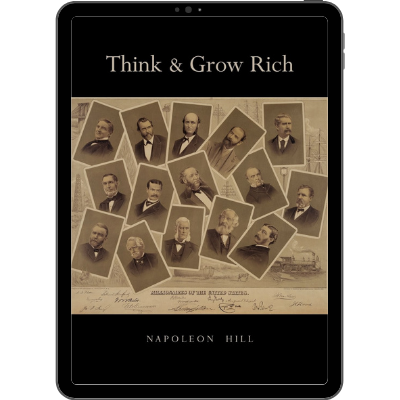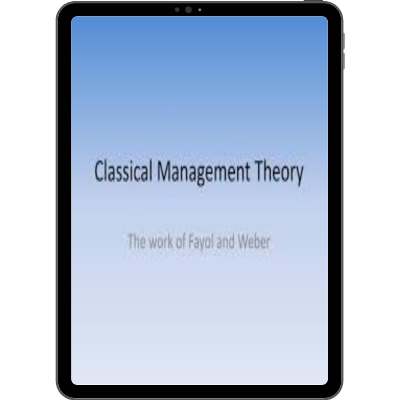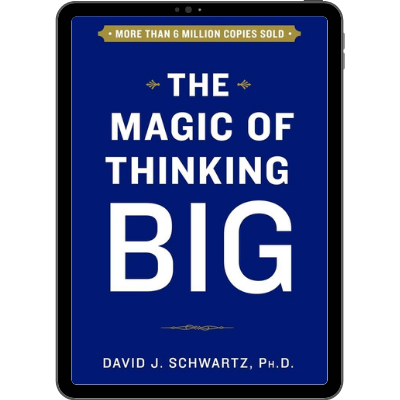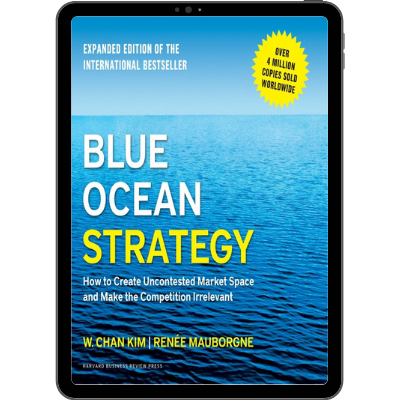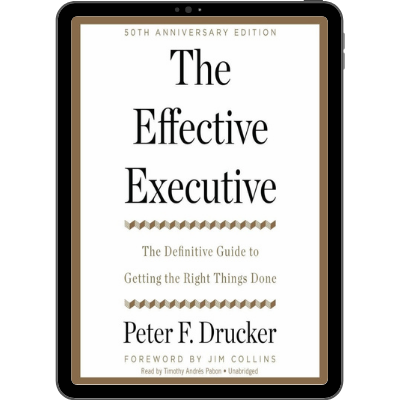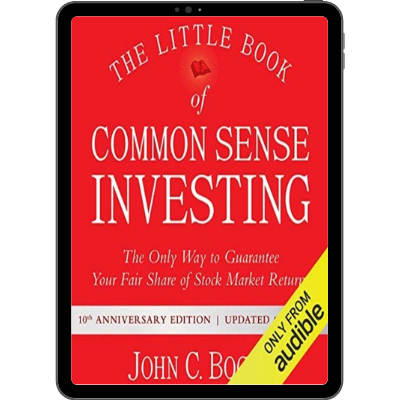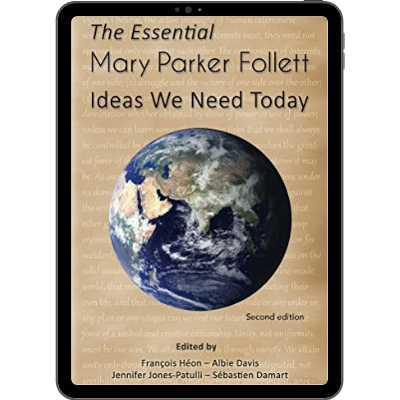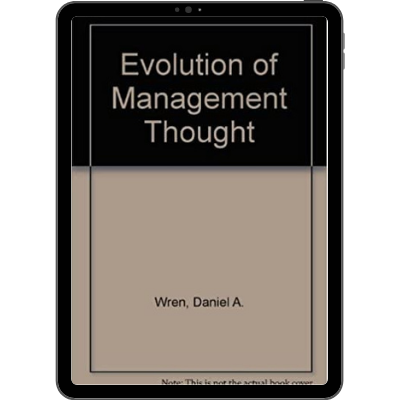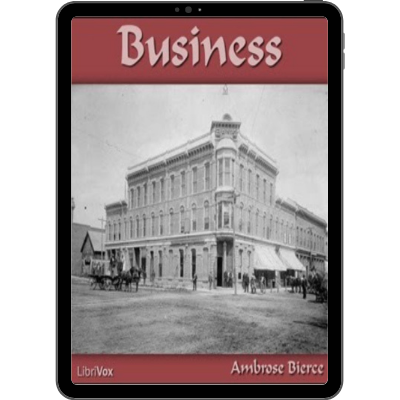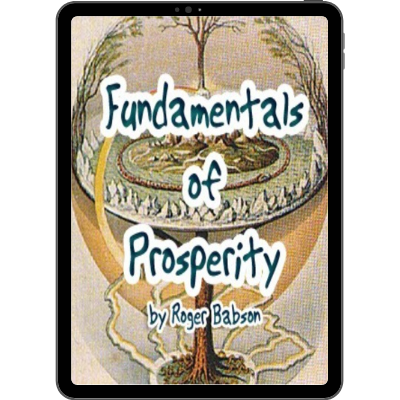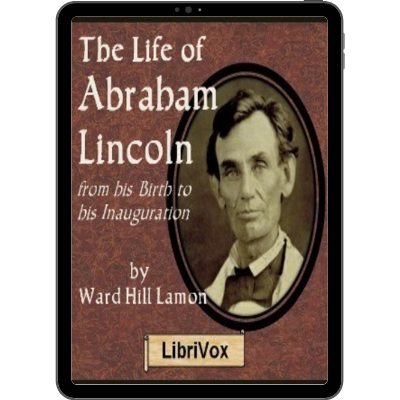administration
First compiled in the 6th century BC, "The Art of War" presents a philosophy of war for managing conflicts and winning battles. It is accepted as a masterpiece on strategy and is frequently cited and referred to by generals and theorists since it was first published, translated, and distributed internationally.
This accessible introduction to the system of public administration uses a clear, country by country analysis to the contemporary system of public administration and management in a number of significant countries. This text examines the extent to which new public management, politicians and public opinion can influence bureaucracies in various countries; in addition, it explores the role of public administration systems within the wider political systems and democratic frameworks of their states.
Fifty-year-old John Gadsby is alarmed by the decline of his hometown, Branton Hills, and rallies the city's young people to form an "Organization of Youth" to build civic spirit and improve living standards. Gadsby and his youthful army, despite some opposition, transform Branton Hills from a stagnant municipality into a bustling, thriving city. Toward the end of the book the members of Gadsby's organization receive diplomas in honor of their work. Gadsby becomes mayor and helps increase Branton Hills' population from 2,000 to 60,000. The story begins around 1906 and continues through World War I, Prohibition, and President Warren G. Harding's administration.
The finance sector of Western economies is too large and attracts too many of the smartest college graduates. Financialization over the past three decades has created a structure that lacks resilience and supports absurd volumes of trading. The finance sector devotes too little attention to the search for new investment opportunities and the stewardship of existing ones, and far too much to secondary-market dealing in existing assets. Regulation has contributed more to the problems than the solutions.
The book that has inspired entrepreneurs for generations! This book is Henry Ford's original autobiography, founder of the Ford Motor Company. In this book, you will learn how Henry Ford got into business his business philosophy and business acumen, the strategies that he used to become a wealthy and successful industrialist, and what others can do by learning from the examples he has outlined.
Sixth Edition, became a best seller after its introduction and continues to be the most popular and widely used text in the economics classroom. Instructors found it the perfect complement to their teaching. A text by a superb writer and economist that stressed the most important concepts without overwhelming students with an excess of detail was a formula that was quickly imitated, but has yet to be matched.
You have to live on twenty-four hours of daily time. Out of it you have to spin health, pleasure, money, content, respect, and the evolution of your immortal soul. This timeless classic is one of the first self-help books ever written and was a best-seller in both England and America. It remains as useful today as when it was written, and offers fresh and practical advice on how to make the most of the daily miracle of life.
Sometimes our goals seem like unobtainable fantasies, but the keys to success lie in bringing them sharply into focus, clarifying them and working out a plan to achieve them. If it’s in your nature to dream it, it’s probably in your nature to do it. The authors show you how to reach your goals with the help of this workbook of practical, positive and upbeat techniques.
This is the revised and enlarged edition of a new kind of introduction to economics for the general public-without graphs, statistics, or jargon. In addition to being updated, Basic Economics has also become more internationalized by including economic problems from more countries around the world, because the basic principles of economics are not confined by national borders. While most chapter titles remain the same, their contents have changed considerably, reflecting the experiences of many different peoples and cultures.
The answer is inside How I Raised Myself from Failure to Success in Selling. Bettger reveals his personal experiences and explains the foolproof principles that he developed and perfected. He shares instructive anecdotes and step-by-step guidelines on how to develop the style, spirit, and presence of a winning salesperson. No matter what you sell, you will be more efficient and profitable
This is the first book to present innovation and entrepreneurship as a purposeful and systematic discipline that explains and analyzes the challenges and opportunities of America's new entrepreneurial economy. Superbly practical, Innovation and Entrepreneurship explains what established businesses, public service institutions, and new ventures need to know and do to succeed in today's economy.
Even in today's economic climate, when so many investors and major companies are failing, Warren Buffett continues to be successful in all aspects of his life. Mary Buffett and David Clark have written the first book ever to take an in-depth look at Warren Buffett's philosophies for personal and professional management -- what they are, how they work, and how you can use them.
This is one of the best-selling self-help books of all time. Written during the Great Depression, against a backdrop of millions of people out of work and a looming world war, Napoleon Hill's magnum opus held out hope that life could get better. While not considered part of the New Thought movement, Hill drew on many of their concepts and techniques. He prefigured the 'Prosperity Consciousness' of present-day New Age thinkers and a host of motivational writers and speakers have followed in his footsteps.
Classical Management Theory, broadly speaking, is based upon Henri Fayol, Frederick Taylor, and Max Weber's overlapping management theories. These three management theories came together to form what we generally refer to nowadays as Classical Management Theory. Virtually all areas of organizational studies from management, to business, to organizational communication put these three theorists at the foundation of most modern day organizations for developing theories of 1) Administrative science, 2) Scientific Management, and 3) Bureaucracy. Taken together, they form the basis for how we organizational structures and relationships between managers and employes.
With more than six million copies sold worldwide, David Schwartz’s timeless guide and bestselling phenomenon, The Magic of Thinking Big, is now available as a special hardcover edition.Millions of readers around the world have improved their lives through the timeless advice David Schwartz offers in The Magic of Thinking Big. In this bestselling guide, Schwartz proves you don’t need innate talent to become successful, but you do need to understand the habit of thinking and behaving in ways that will get you there.
Winning by not competing! This international best seller upends traditional thinking with principles and tools to make the competition irrelevant. In an audiobook that challenges everything you thought you knew, W. Chan Kim and Renee Mauborgne assert that tomorrow's leading companies will succeed, not by battling their rivals for market share in the bloody "red ocean" of a shrinking profit pool, but by creating "blue oceans" of untapped new market spaces ripe for growth. Based on a study of 150 strategic moves, spanning more than 100 years and 30 industries, they provide a systematic approach that every company can use to render rivals obsolete and unleash new demand: Reconstruct market boundaries Focus on the big picture Reach beyond existing demand Get the strategic sequence right Overcome organizational hurdles Build execution into strategy
The measure of the executive, Peter F. Drucker reminds us, is the ability to "get the right things done." This usually involves doing what other people have overlooked as well as avoiding what is unproductive. Intelligence, imagination, and knowledge may all be wasted in an executive job without the acquired habits of mind that mold them into results.
While the stock market has tumbled and then soared since the first edition of Little Book of Common Sense was published in April 2007, Bogle’s investment principles have endured and served investors well. This tenth anniversary edition includes updated data and new information but maintains the same long-term perspective as in its predecessor.Bogle has also added two new chapters designed to provide further guidance to investors: one on asset allocation, the other on retirement investing.
The handbook does an outstanding job of explaining the application of management and learning psychology for the general educator/manager with detailed guidance for those studying to become Certificated Flight Instructors. Study of the handbook should include the PDF from the FAA, which has excellent graphics.
The Essential Mary Parker Follett: Ideas We Need Today is a comprehensive selection of texts from early 20th-century intellectual pioneer Mary Parker Follett. Her ground-breaking ideas on leadership, diversity, mediation, management and democracy remain impressively relevant in our modern world. For the first time, these ideas have been selected, organized, and structured by an international team into five topics that encompass her philosophy and works.
In 1880’s Boston, Mass. the good life is lead according to all the Victorian era societal rules of the New World. Political ambitions and the business of making money go hand in hand. A Senate seat suddenly opens up due to the current junior senator’s unexpected death, and the political machinations to fill the seat begin. Senatorial candidate John Harrington is a young idealist who thinks that fighting for truth and justice, regardless of political affiliation, is the way. But he is told he can’t possibly win because he isn’t partisan enough. His opponents in the iron mine, railroad and shipping business sabotage his first bid for office, because he wants to do away with protectionism in trade to open up global competition.
What these principles are and whence they come to us. "The fact is, we have become crazy over material things. We are looking only at the structure above ground. We are trying to get more smoke from the chimney. We are looking at space instead of service, at profits instead of volume. With our eyes focused on the structure above ground, we have lost sight of those human resources, thrift, imagination, integrity, vision and faith which make the structure possible. I feel that only by the business men can this foundation be strengthened before the inevitable fall comes."
Ward Hill Lamon's work is a study of the life of the 16th President of the United States of America from his childhood to the day of his first inauguration. Lamon, who worked with Lincoln during his administration, and who had access to the papers of Lincoln's law partner and biographer William Herndon, paints a vivid portrait of the years that lead to what many considered to be an unlikely yet successful run for the presidency. From his time fighting in the west as both an officer and a private soldier, through his Congressional years, private law practice and failed attempts to win a seat in the United States Senate, Lincoln is presented as the human being he was, nothing more and nothing less.
